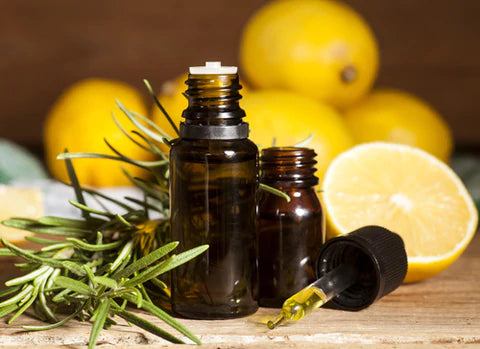In recent years, essential oils have surged in popularity, captivating the attention of wellness enthusiasts and researchers alike. Derived from plants through distillation or cold pressing, these potent oils embody the concentrated essence of botanicals, offering a range of potential benefits for both mind and body. Here’s a comprehensive look at essential oils, their uses, benefits, and considerations.
What Are Essential Oils?
Essential oils are natural aromatic compounds found in various parts of plants, including flowers, leaves, stems, bark, and roots. They are typically extracted through methods such as steam distillation, cold pressing, or solvent extraction. This extraction process captures the plant’s aromatic compounds, which are highly concentrated and potent.

Popular Essential Oils and Their Benefits
- Lavender Oil: Known for its calming properties, lavender oil is often used to promote relaxation and alleviate stress. It can also help with sleep and skin irritations.
- Peppermint Oil: With a refreshing scent, peppermint oil is valued for its ability to aid digestion, relieve headaches, and boost energy levels.
- Tea Tree Oil: Recognized for its antibacterial and antifungal properties, tea tree oil is commonly used in skincare to treat acne and soothe skin inflammation.
- Eucalyptus Oil: This oil is renowned for its respiratory benefits, helping to clear congestion and support respiratory health.
- Lemon Oil: Known for its eeterlikud õlid invigorating citrus scent, lemon oil is often used to uplift mood, enhance focus, and cleanse surfaces due to its antibacterial properties.
Uses of Essential Oils
Essential oils can be used in various ways to harness their therapeutic benefits:
- Aromatherapy: Diffusing oils into the air using a diffuser can promote relaxation, improve sleep, or create an uplifting atmosphere.
- Topical Application: Diluting essential oils with a carrier oil (like coconut or almond oil) and applying them to the skin can target specific concerns such as muscle tension, skincare, or hair health.
- Ingestion: Some oils, like peppermint or lemon, can be ingested in small amounts for digestive support or flavor enhancement, but this should be done cautiously and under professional guidance due to their potency.
Considerations and Safety
While essential oils offer numerous benefits, it’s important to use them safely:
- Dilution: Most essential oils are highly concentrated and should be diluted before applying to the skin to avoid irritation or sensitization.
- Quality: Choose oils from reputable brands that ensure purity and quality through third-party testing.
- Individual Sensitivity: Individuals may react differently to oils, so it’s wise to perform a patch test before widespread use and consult with a healthcare professional, especially if pregnant, nursing, or under medical care.
Conclusion
Essential oils provide a natural and versatile approach to health and well-being, offering benefits ranging from stress relief and skin care to respiratory support and beyond. With proper knowledge and caution, incorporating these aromatic wonders into daily routines can enhance both physical and emotional wellness. Whether diffused, applied topically, or used sparingly in cooking, essential oils invite exploration into the diverse realm of natural remedies.
